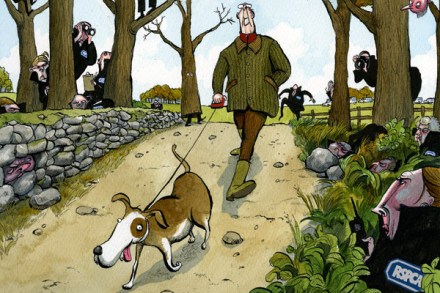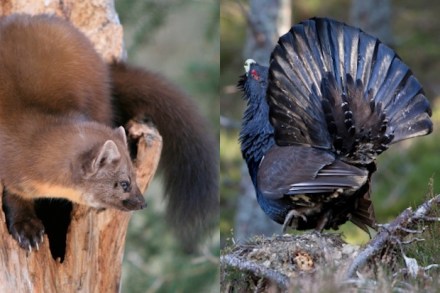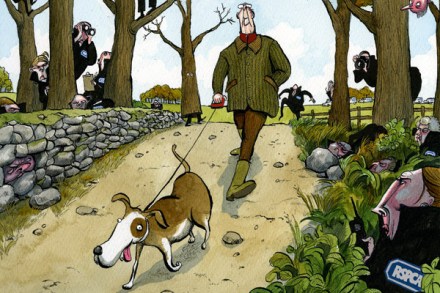A new report calls into question what the RSPCA has been up to recently
Yesterday, the RSPCA published the long-awaited review of its prosecutions policy. Interesting choice of timing – it finally released the critical report on the day of Cameron’s conference speech. Talk about burying bad news. The review recommends that the RSPCA no longer prosecutes hunts because it also campaigns on hunting, and calls into serious question the direction it has been taking. Personally, I think the charity needs a serious re-think after some shocking miscarriages of justice where it has pursued pet owners for very minor infringements, and been totally unaccountable and closed to any kind of public scrutiny. We now need a proper debate and I urge anyone interested in




















